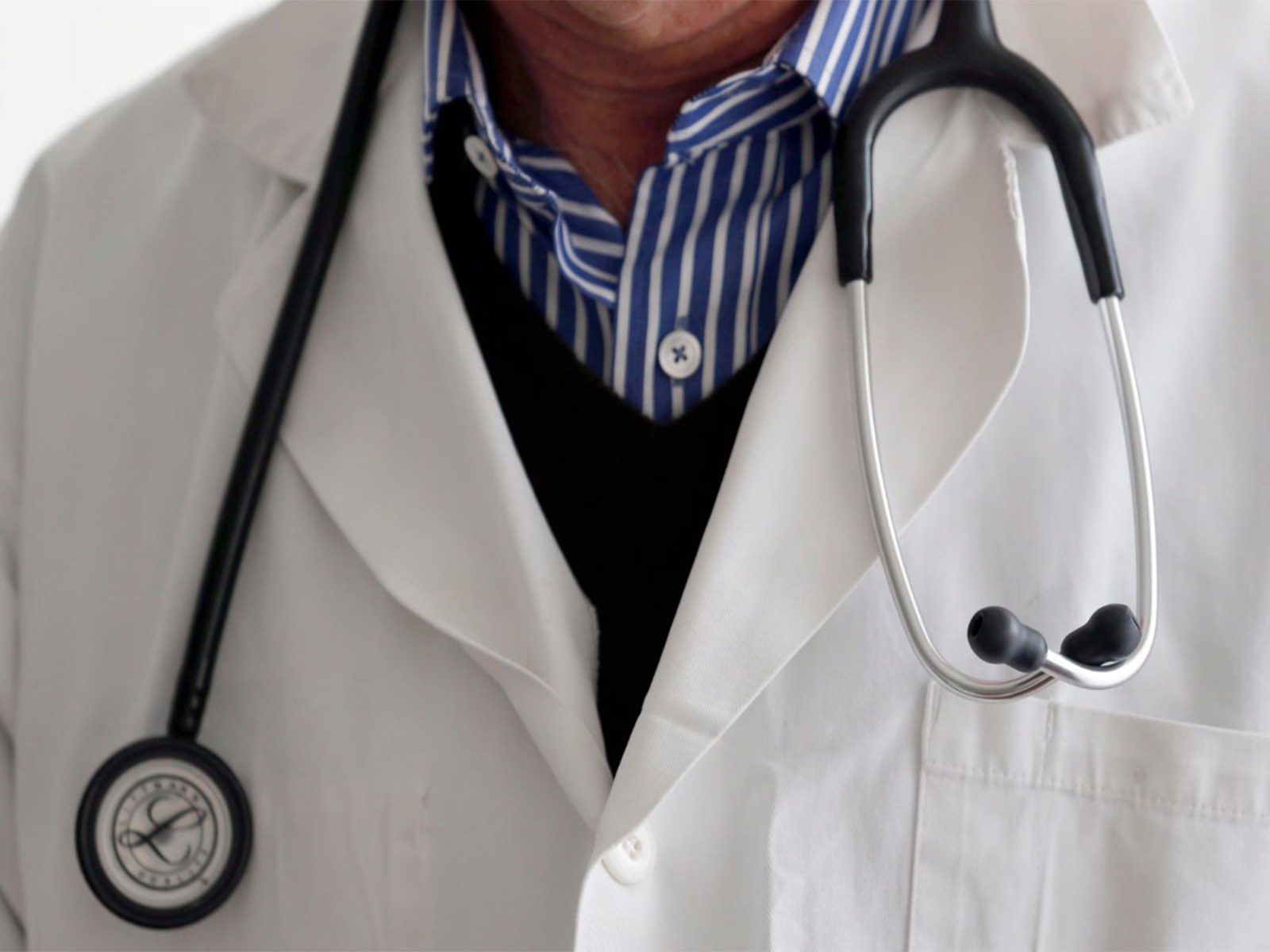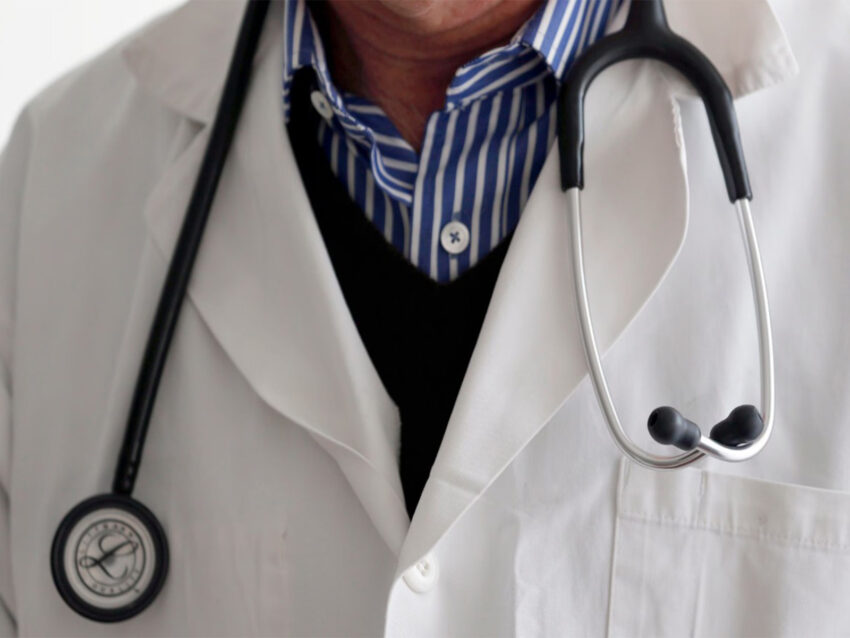
Peshawar [Pakistan] September 28 (ANI): Khyber Pakhtunkhwa’s medical and dental colleges are churning out graduates at a rate far exceeding available government positions, leaving young doctors frustrated and financially burdened. The province hosts 20 medical and 11 dental colleges across public and private sectors, producing nearly 2,900 graduates annually, according to Khyber Medical University (KMU), which oversees admissions for these institutions, as reported by Dawn.
According to Dawn, KMU conducts the Medical and Dental College Admission Test (MDCAT) on behalf of the Pakistan Medical and Dental Council. Health officials stated that students securing top MDCAT ranks generally gain admission to public colleges due to relatively affordable fees. Those who cannot secure public college seats often pay hefty sums around Rs 2 million per year to study in private colleges. Private medical students, according to officials, may spend as much as Rs10 million in total fees, yet face limited employment prospects; only a handful of government positions are advertised each year, leaving most graduates without formal employment.
Doctors stated that the problem is worsening due to an increasing number of graduates from China and Central Asian countries. Last year, the Educational Testing and Evaluation Agency (ETEA) conducted exams for medical officer vacancies, but 81 per cent of candidates failed, with only 1,766 of 8,974 applicants succeeding. Many unsuccessful candidates are forced to accept low-paying jobs in private hospitals, earning as little as Rs 40,000 to Rs 75,000 per month, often under strict probation conditions, as highlighted by Dawn.
Experts have cautioned against allowing students with low FSc scores to appear in MDCAT, a move being considered after private colleges failed to fill their seats, saying it could compromise standards and worsen unemployment. They also highlighted that hospitals lack the infrastructure to provide quality training for house jobs.
“Unplanned expansion of medical and dental colleges must be curbed, and teaching standards improved,” a senior educationist stated, emphasising the need for better regulation to safeguard both employment opportunities and healthcare quality in the province, as reported by Dawn. (ANI)


